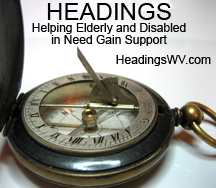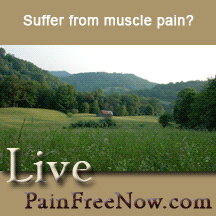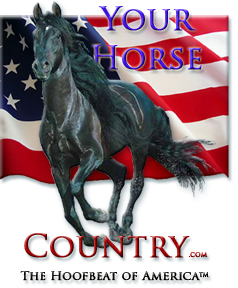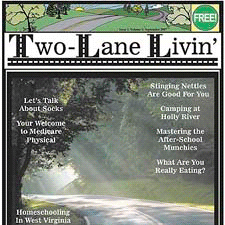email us: info @ headingswv.com
304-765-0490
HEADINGS
"Helping Elderly and Disabled in Need Gain Support"
A West Virginia Based Advocacy Group
Monthly column featured in Two Lane Livin' Magazine - 2011 Archives
April 2011 - Caregiving takes a toll.
Back in 1998 when we lived in Texas, while helping care for my husband’s grandmother who suffered from Alzheimer, my sister’s husband suffered a spinal cord injury on Memorial Day at Bee Run, in Sutton, West Virginia. Just an hour before, he had called to say they were going swimming. An hour later he went from a physically active employed worker earning a living for his family to a paralyzed, flat on his back, hospital patient for over three months, until he was stable and well enough to be “allowed” to come home. The option for my sister was either to learn how to care for him and prove it to the doctors, or he would be transferred to a nursing home. She spent hours at the hospital learning what was necessary to ensure his return.
We didn’t know their income was
reduced to $30 per month SSI. I was horrified to learn she was sleeping in
CAMC’s parking lot in
I agreed, but was concerned about his mother. We’d moved in the year before to help her, and planned on building the following summer. She wasn’t dealing well with his grandmother’s Alzheimer, and refused to consider a nursing home, insisting she’d care for her alone if necessary. Caring for her mother was taking a terrible toll on her health and she couldn’t afford to hire help. He told me not to worry, that his sister, who lived nearby, would help out with his grandmother. Since we would be moving in with my parents and our house was just about to be built, we sold the vacant property, most of the furniture, and moved from a city of 4 million people to a state whose population was 1.8 million; where over 22% of the people were disabled and 20% over the age of sixty.
Well, we weren’t the only ones
making the leap across the chasm of fear to an unknown future. The
National Alliance for Caregiving in collaboration with AARP stated, as of
November 2009, “More
than 65 million people, 29% of the
Shortly after arriving in
By the summer of 2003, we were exhausted. My mother’s health was failing fast. Her strength gave out, and she succumbed from COPD in December 2003. We were forced to limit our advocacy. Dad was having more heart and lung problems, requiring me to help clear his lungs throughout the night. It didn’t make for much sleep. He succumbed in March 2007. We all like to think that if it had not been for our constant caregiving and persistence in obtaining quality health care and proper medical treatment that he probably would not have lasted as long as he did. We learned a lot during our vigils. Because of our personal experience, we have been reaching out to other caregivers and their families for over 12 years now.
Since
1998, the prevalence of disability in
The emotional toll resulting from
caregiving is extraordinary. Life itself is a full time job. Besides the
needs of a “regular” job, as well as the needs of children, spouse,
friends, plus extra curricular activities, the duty of a caregiver for a
dying parent, injured spouse, or mentally challenged child adds such
burdens as to defy description. It is no wonder that “40% to 70% of
family caregivers have clinically significant symptoms of depression with
approximately a quarter to half of these caregivers meet the diagnostic
criteria for major depression,” as noted by
If you’re a caregiver, PLEASE find time for yourself. You’re just as important, probably more so, than the person receiving your care. It’s imperative that YOUR health come first. We’ll be providing helpful resource information, caring tips, and more. So, be sure to read next month’s column! For additional information, please visit http://www.headingswv.com.
Dawna Smith
Freelance Writer and Journalist
Founder of HEADINGS



